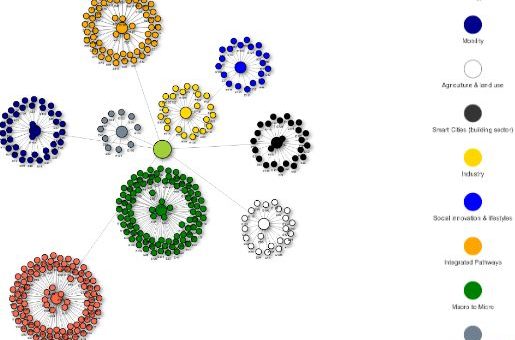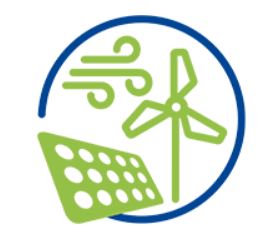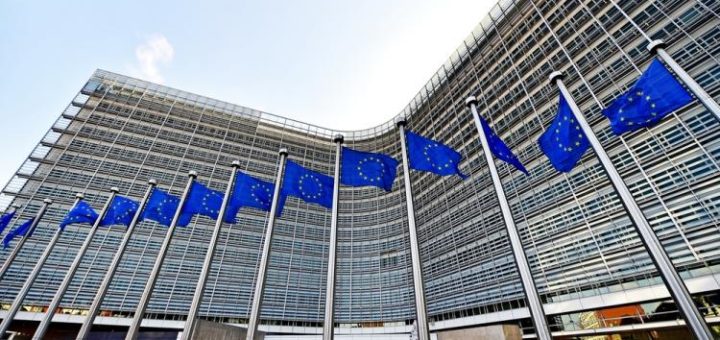Circular economy (CE) is concept that has recently emerged, especially relevant in cities, and that contrasts the linear economic system. Research gaps in the analysis and implementation of circular economy in cities are a significant barrier to its implementation. This paper presents a multi-sectorial and macro-meso level framework to monitor (and set goals for) circular economy implementation in cities based on Porto, Portugal as a case study.
All sectors / economy wide
The DEEDS (Dialogue for European Decarbonisation Strategies) invited European and non-European experts to be part of a scientific group that will support the European Decarbonisation Pathways Initiative (EDPI). A database has been created for experts to join DEEDS.
The International Panel on Climate Change (IPCC) has presented scenarios based on observation of impacts from climate change. TRANSrisk combines modelling tools with input from stakeholders to develop climate models by developing an quantified quantitative four stage analysis and gives conclusions from the analysis results for mitigation scenarios.
Renewable energy has the potential to play a big role in the transition pathways towards a low carbon society in Europe and has many recognised benefits. So, the European Union has aimed to increase the share of renewable energy in the electricity industry to at least 50% by 2030. The Innovation Readiness Level (IRL) studied the readiness of renewable energy technologies along 5 dimensions of technology readiness level and provides recommendations for policymakers.
CO2 emissions from non-electricity energy uses, e.g., industry, transport, and heating, are the greatest impediment to meeting Paris Agreement ambitions. For 1.5°C temperature increase limit; negative emissions technologies will become a necessity and implies a remaining carbon budget of just 200 billion tons of CO2 until 2100. Compared to the 4,000 billion tons of CO2 that would be emitted until 2100 if current trends continue. Future CO2 emissions must be kept within a finite budget.
Evaluation of climate change mitigation policy is critical for how well policies and measures work. Offering insights in the functioning of policies can enhance the transparency of policy implementation, which is essential to gain citizens’ support for those policies. The CARISMA project team carried out a meta-analysis of climate policy evaluations in EU Member States and found that the energy sector is dominant in policy evaluations. Supports future EU legislative proposals and accompanying impact assessments.
Risks are associated with policies to combat climate change and can be divided into two broad categories: Implementation risks and Consequential risks. TRANSrisk research has shown that the number and nature of risks that can be assessed using economic models is limited. Assessment work generated outcomes at the level of case studies and at meta-level. Shows how assessment of risks and their underlying dimensions changes depending on an expert’s professional background with different stakeholder groups.
Climate change governance requires the involvement from many actors and institutions on various levels, the European Union needs this to mitigate climate change. There are challenges to the EU’s climate governance and leadership regarding policies, interests, and lack of appetite for further integration. The EU can address these challenges internally, by increasing its climate mitigation ambitions, and externally, by reclaiming the mantle of international climate leadership.
The Paris Agreement forms the basis for new international cooperation on climate change mitigation. However, the achievements in Paris do not mean that the UN climate regime is the only regime for climate action and other international legal regimes, climate coalitions and actions by non-Party stakeholders can play a complementary role to the Paris Agreement. Provides an overview of climate action undertaken outside of the UNFCCC context and this trend will likely continue beyond Paris.









